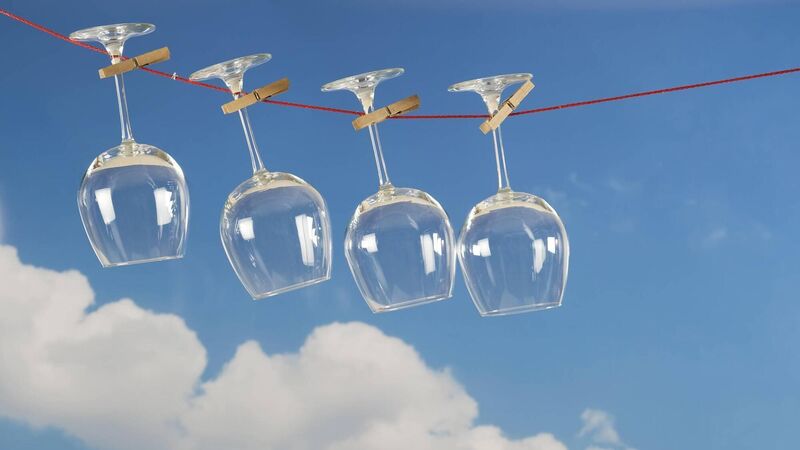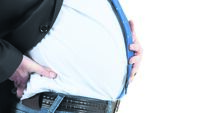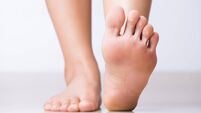Dry January: How a month with no alcohol can improve your mood, sleep and prevent illness

Dry January can be a month off the booze to let your body recover and reset
Christmas is the season of good cheer. But clinking glasses of bubbly and saying cheers once too often has left you feeling less than sparkling. Dry January beckons — a month off the booze to let your body recover and reset.
The month-long ‘alco-holiday’ at the start of the year has grown in popularity since the campaign was introduced in 2013 in Britain. Two years ago, a Behaviour & Attitudes Dry January Research study found one in four Irish adults were planning to quit the booze for a month. But can 31 days on the dry really make much of a health difference?











